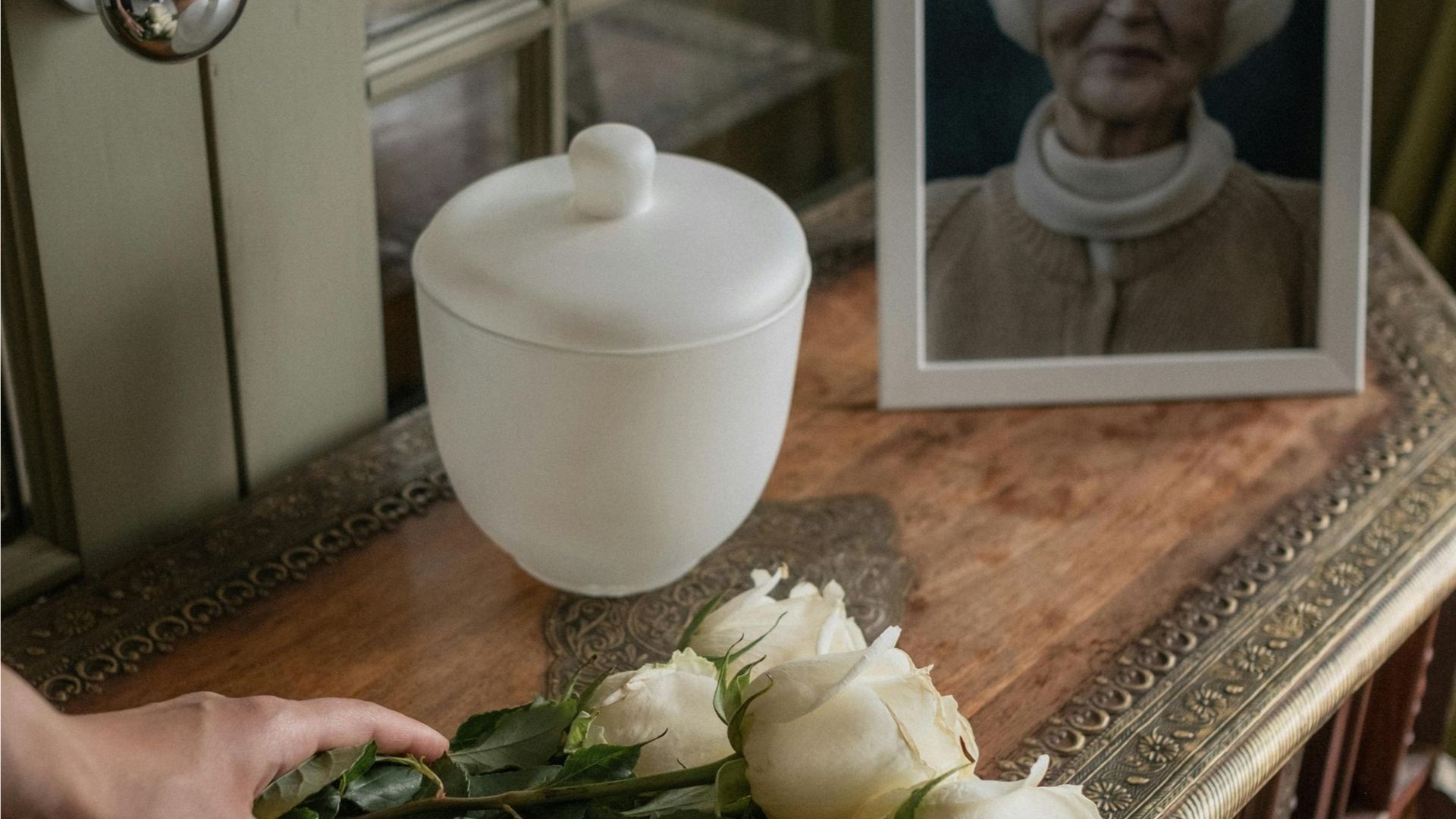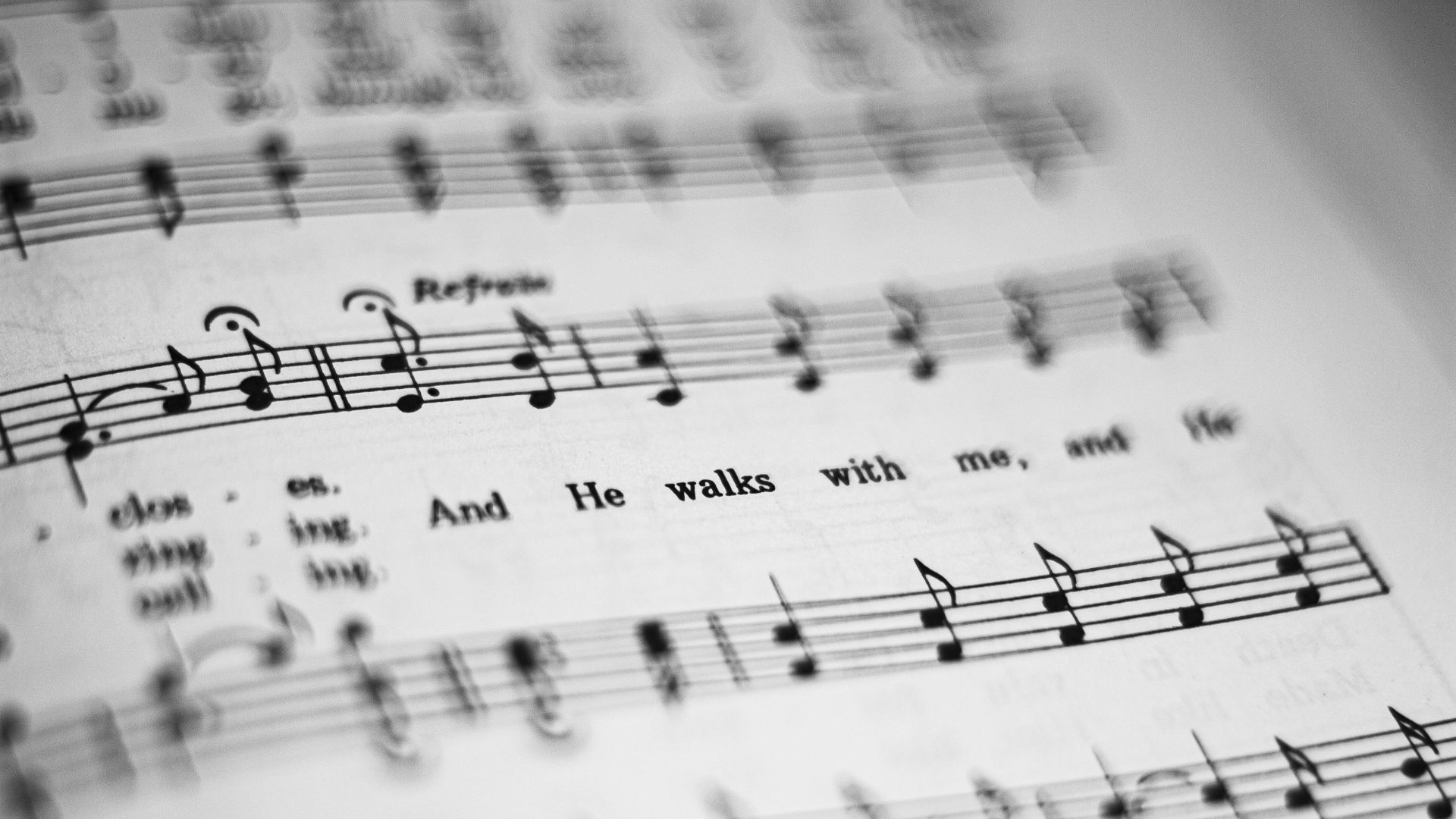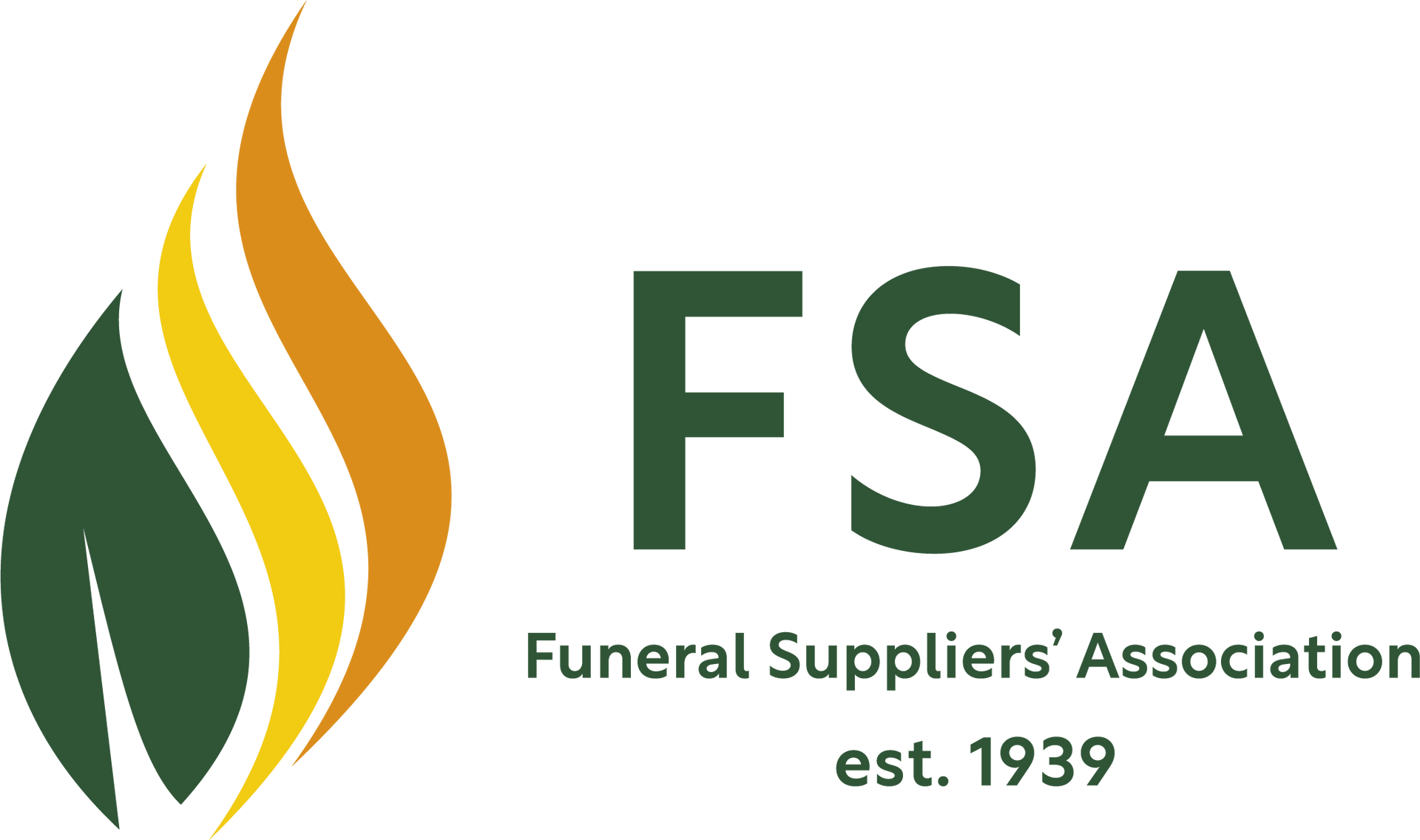Understanding debt when a person dies
What happens when a person dies leaving debts unpaid? Find out what you might need to do in our guide.

When a person dies, they leave an estate. An estate is everything they owned: money, property and personal belongings. It also includes any debts that haven't been paid off yet.
If they wrote a will, the executor is responsible for sorting out the debts. This is the person named by the person who died to manage their affairs. If no will has been left, the will passes to an administrator.
If your spouse or relative has just died leaving debts, you may be worried about how they're going to get paid off and where the money will come from.
Thankfully, debt never passes to a surviving spouse or family member. It's paid off with money that the person who died has left.
In some situations, that person hasn't left enough money to pay off all their debts. When this happens, the debts are paid off in order of priority. When the money runs out, the debts are usually written off (removed).
There's only one situation when a surviving relative or family member has to pay off these debts. This is when the debt was shared or "joint". If you shared a mortgage, for example, the debt will pass to you.
In all other instances, the money is paid for from the estate.
I'm the executor and the person who died left debts. What do I have to do?
If you're the executor and the person who died left debts, you have two main tasks. You have to find out what the debts are and make sure they're paid off.
First, you need to go through any financial documents or statements and make of list of all the unpaid debts.
You also need to find out if any of these debts had a guarantor (a person who agrees to pay a debt if the borrower can't). If they did, the guarantor is responsible for paying the debt if it can't be paid out of the estate.
You then need to find out what kinds of debts they are. This is because different kinds of debts have to be dealt with in different ways.
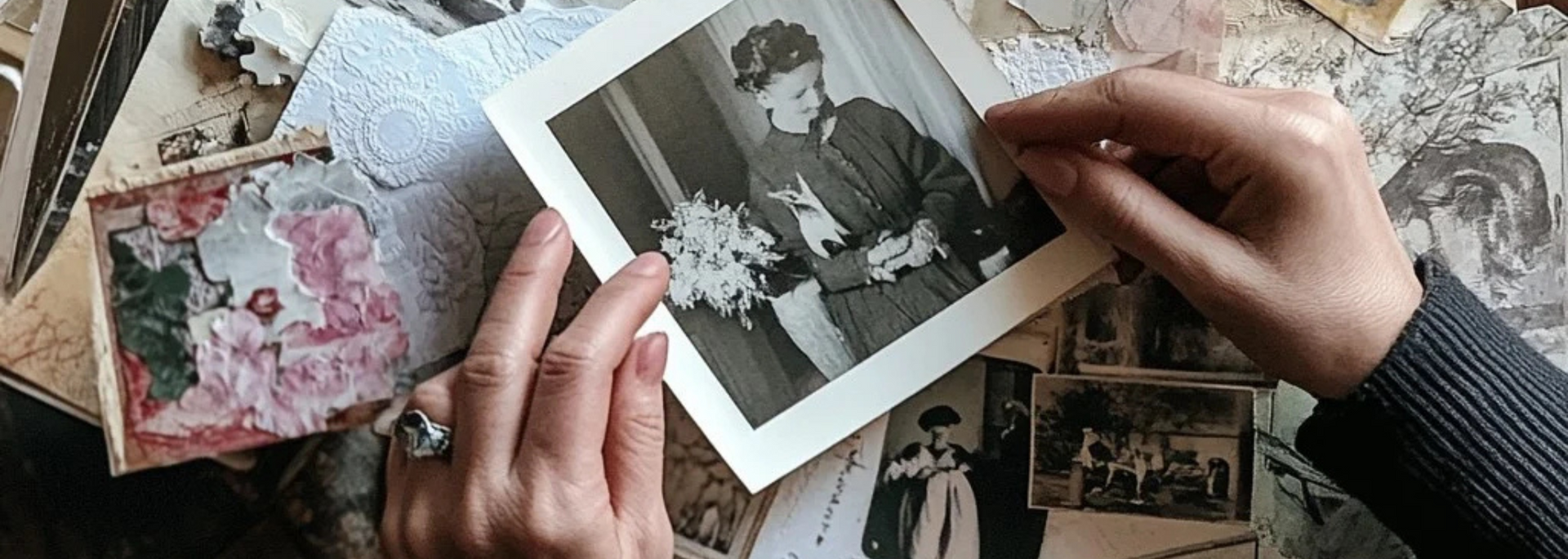
There are many kinds of debts and it would take a whole other article to explain them all.
However, the most important things to know are:
Most debts are paid from the value of the person's estate. This means you, as executor, have to arrange to pay these debts – but you shouldn't have to pay from your own pocket.
There are exceptions to this rule. One of the most common exceptions is shared debt.
How shared debts work
If your partner or other relative has died, it's important to find out whether you shared any of the debts with them. If you took out a loan together, had a joint mortgage or had a joint bank account, any debt will fall to you.
You should ask creditors to take your partner's name off future bills. If you're struggling to pay, see if you can pay in lower amounts over a longer period.
Telling creditors
Creditors are people who are owed money. An executor needs to tell creditors that the person in debt has died.
First, you should try to contact all the lenders. Secondly, you should place a notice on The Gazette website. Finally, you should put a notice in the newspaper local to where the person lived or worked.
These are three ways of telling creditors not to make a claim against the estate.
What if there's insurance?
If the person who died had insurance, it can sometimes be used to pay off debts. However, this depends on the type of insurance and the terms of the policy.
You need to check the terms of the insurance policy before making any assumptions. Some insurance is paid out for illness but not death, for example.
If the insurance policy does cover death, you can contact the company and make a claim. This money can then be used to pay off the debts.
Without insurance, the executor has to pay off the debts from the estate.
Paying off debts in priority order
Sometimes, a person dies and doesn't leave enough money to pay off their debts. In this situation, the debts should be paid off in priority order.
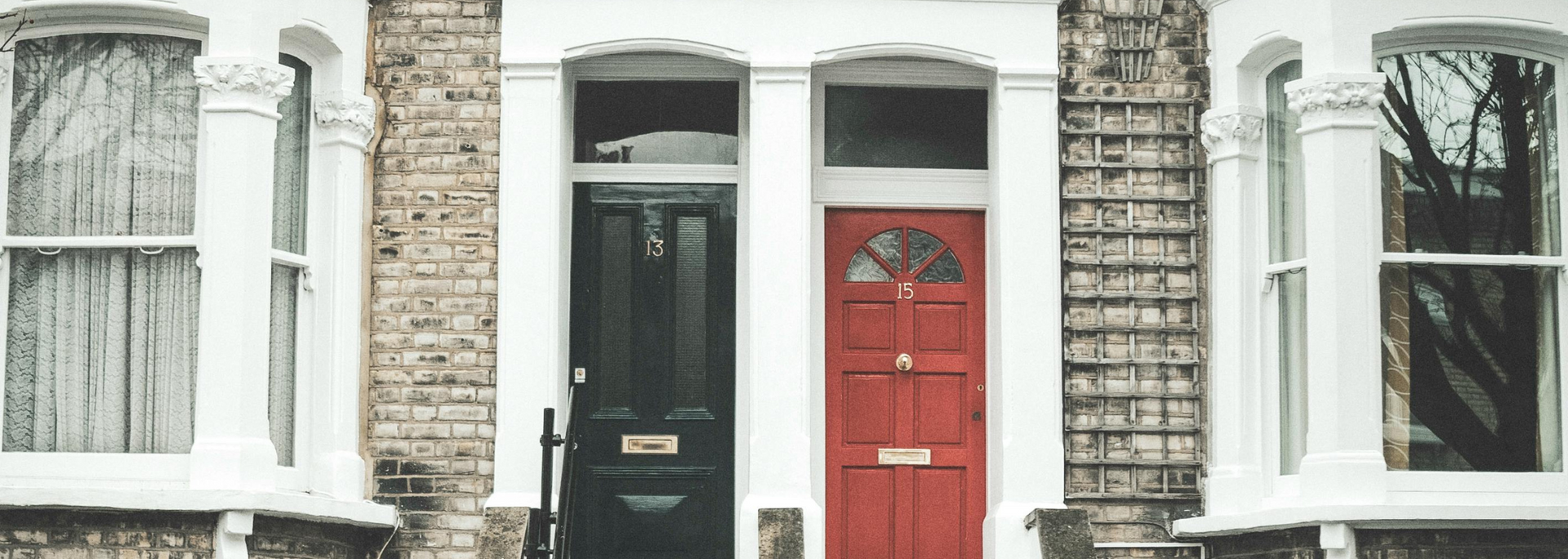
First to be paid off are secured debts such as mortgage repayments. These are debts secured with a possession like a car or piece of valuable jewellery.
Next comes priority debts such as income tax and council tax. Once these are paid, the executor moves on to unsecured debts such as utility bills and credit cards.
If there's enough money in the estate to cover all the debts, you can pay them off in any order.
Sometimes, an asset like a car or a house can be sold to help pay off debts. This is an option you'll have to consider if the estate doesn't cover all the debts that need to be paid off.
I'm struggling to pay joint debts after the death of my partner. What do I do?
If you're struggling to pay joint debts after the death of your partner, you're not alone. Know that many other people have been in your situation and come out the other side.
Unfortunately, we're not in a position to offer financial advice. So, your best bet is to get a debt advisor who will give you financial advice without judgment.
Are families responsible for debt after death?
No. Debt isn't passed on to surviving family members in the UK. Family members and friends are never responsible for paying off the debts of someone who has died unless they shared the debt in the first place.
Do credit card debts die with you?
You might have heard that credit card debts are written off after you die. This is a myth. Like any other debt, they must be paid off out of your estate and only get written off if the estate runs out of money.
We hope this article has helped you understand debt when a person dies. Treasured Moments creates beautiful
digital memorials that help make memories brighter. For more help and advice,
follow our blog.
*Treasured Moments tribute pages are designed to remain online in perpetuity. However, in certain circumstances, such as cessation of business and takedown requests, this may not be possible.
All Rights Reserved | Tresured Moments | Part of My Digital Hero Consulting LTD







